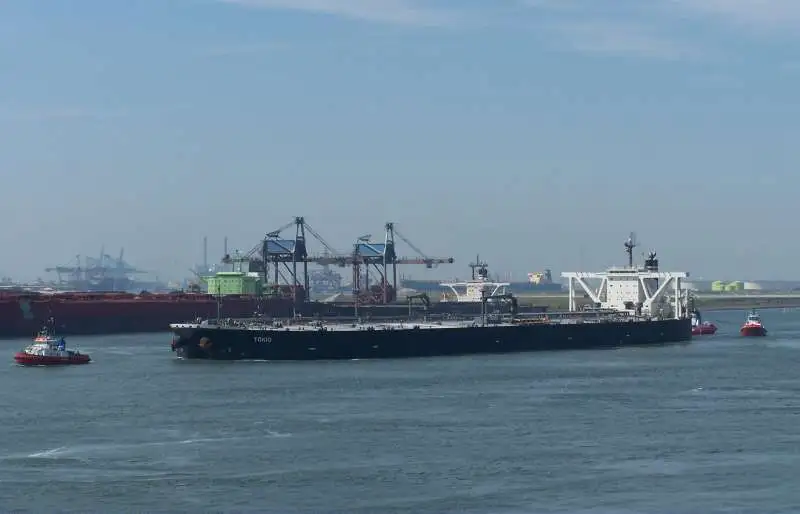PetroChina will soon get Venezuelan oil for its Guangdong refinery, thanks to the U.S. lifting sanctions on Venezuela.
This move comes after a period of tension. The shipment is set to arrive over the weekend.
Yet, future deals might stop if the U.S. imposes sanctions again. Insiders, who prefer to stay unnamed, shared this.
In February, China began importing from Venezuela again, a first since 2019.
Though not official, China kept getting Venezuelan oil, often labeled differently. PetroChina has not yet commented on these developments.
The U.S. had stopped sanctions due to Venezuela’s democratic steps forward.
But, they might return if President Nicolás Maduro runs for and wins a third term by sidelining his main rival.
Initially, the Guangdong refinery was to get half its oil from Venezuela. By 2019, PetroChina pulled out due to Venezuela’s economic troubles.

The refinery started in early 2023. PetroChina then turned to Canada, Colombia, and Ecuador for oil because U.S. sanctions blocked Venezuelan crude.
Now, traders say Venezuelan oil is cheaper than Brent ICE by nearly $10. The tanker Elysia is carrying the oil to Jieyang on Saturday.
It left Venezuela in early February. This development highlights the global oil market’s dynamics and the delicate balance of international politics and economics.
Background
PetroChina stands as a pivotal player in the global energy sector securing key market positions. Its operations influence international oil prices and energy security strategies.
Venezuela, home to the world’s largest proven oil reserves, plays a critical role in global oil supply.
Despite facing economic and political challenges, its oil production impacts global markets.
The nation’s potential for increased production and export remains a significant factor in world energy dynamics.
Source: The Rio Times







